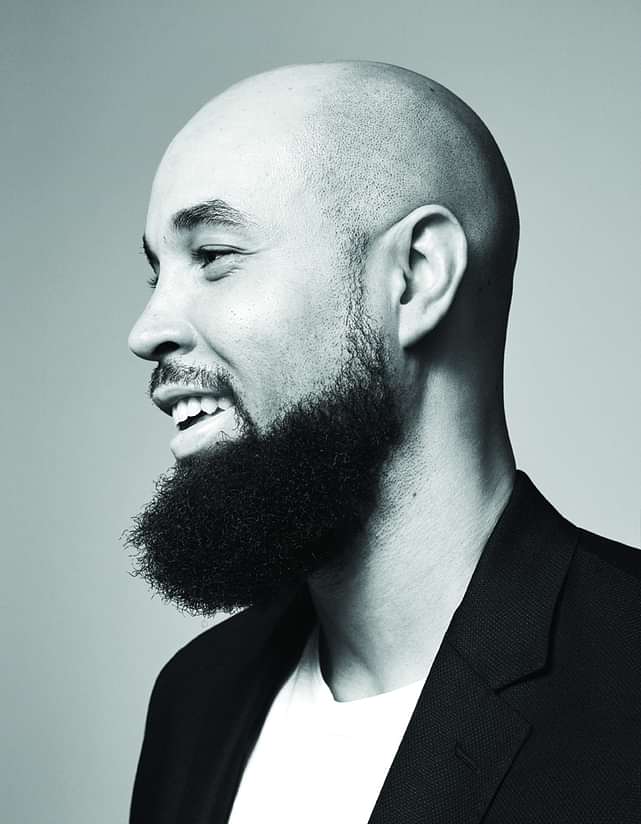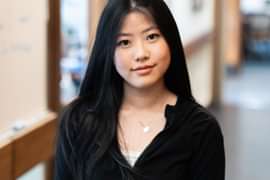
November 06, 2020
What does diversity mean in Hollywood?
An award-winning writer and producer, Peter Saji '96 explores his own career path and the impact of systemic racismby Peter Saji ’96
I started my career as a diversity hire. I’m not yet proud of that, but at least it stopped being a source of shame. Too often, we use the word “diversity” as shorthand for a sort of charity we toss at minorities assumed to be less qualified than their melanin-challenged counterparts1.
Years ago, I dealt with that sting whilst lunching with a talentless schmuck who wanted my help getting into the business. He couldn’t write a joke to save his mother’s life, but he could fix his mouth to insinuate how my origin story gave my career a string of asterisks. I would’ve leapt over the table to feed him his own teeth had I not so desperately wanted to date his homegirl2.
For the record, he and I both got friend-zoned.
In this dude’s mind, I had been given an unfair advantage; however, what he failed to realize was that his connections had given him access to me—a working writer-producer.
Andover has influence in a lot of places, but Hollywood isn’t one of them.
I knew zero people when I first got here, so I had absolutely no idea how to secure a writer’s assistant job—the “traditional” path to a career in television. In fact, it took 20 years, three Emmy nominations, creating my own show and writing episodes of Black-ish that ABC president Jonnie Davis described as being “some of the most evocative and important” for me to finally be able to suggest how to get a writer’s assistant job.
Okay, maybe that humblebrag shows I’m still ashamed of being a diversity hire.
I could write an entire book explaining writers’ room politics, so I’ll just say this: it’s a complicated place. On my first day of work—first day of work—a coworker told a joke whose punchline was the n-word. Seriously. Without any training or experience, I was thrown into a pit with some of the most talented and bitterly damaged people on earth. I made a ton of mistakes, but the fact that I survived is one of my greatest achievements.
So while diversity initiatives are supremely important, I also think they could better embody a non sibi standard. I hate myself for typing that, but it’s true.
If we truly care about the greater good, then we all need to be educated to accept our privilege and understand how we benefit from it.
And since these initiatives are designed to compensate for centuries of systemic racism, they should also offer candidates resources further through their careers. Too often, beneficiaries are left to suffer severe human resources violations in silence.
Once we’re able to stop seeing these programs as liberal quotas and start seeing them as opportunities for talented people with limited access to create products that allow different segments of the population to be seen, then maybe “diversity” can become a source of pride for all of us.
1 As if I’m one to talk about anyone being melanin-challenged.
2 Amber, this was long before I met you; please don’t stab me.
Other Stories

Andover’s 10th conference promotes open financial dialogue




